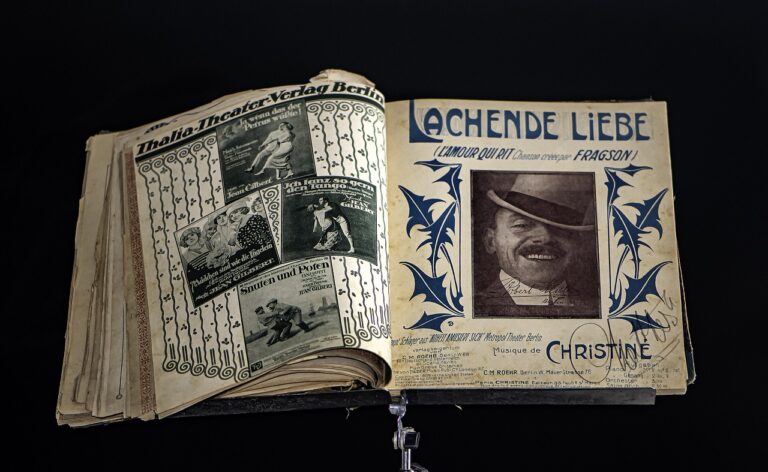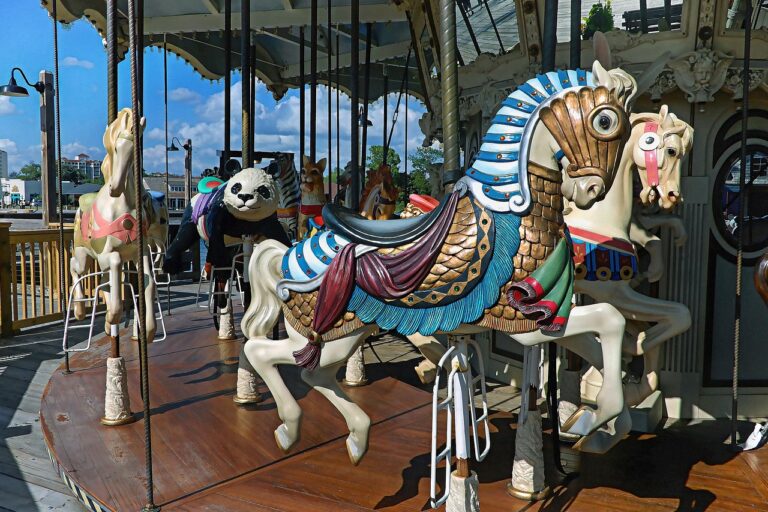Comedy and Literature: Examining the Connection Between Humor and Writing
bet book 250.com, 11xplay online, yolo 247 login:Comedy and literature have always had a close relationship, with humor often playing a significant role in writing. From witty dialogue in plays to satirical novels that poke fun at societal norms, humor adds depth and entertainment to literary works. In this article, we will explore the connection between comedy and literature and examine how humor can enhance the reading experience.
The Power of Humor in Writing
Humor has the power to engage readers and make them connect with the characters and the story. A well-placed joke or a clever quip can break the tension in a dramatic scene or lighten the mood in a heavy subject matter. Humor can also serve as a tool for social commentary, allowing authors to critique society in a light-hearted and accessible way.
Types of Humor in Literature
There are various types of humor that authors can use in their writing, from slapstick comedy to dark humor. Satire, parody, irony, and wordplay are common comedic devices that writers use to entertain and provoke thought. Each type of humor has its own unique appeal and can be effective in different contexts.
The Role of Comedy in Different Literary Genres
Comedy can be found in all literary genres, from classic literature to modern fiction. In plays, comedy often serves as a means to entertain the audience and provide comic relief. In novels, humor can be used to develop characters, build tension, and keep readers engaged. Even in poetry, humor can be used to convey complex emotions and ideas in a lighthearted manner.
Humor and the Writing Process
Authors often use humor as a way to connect with their readers and inject their personalities into their work. By incorporating humor into their writing, authors can create a unique voice and style that sets them apart from other writers. Humor can also help writers overcome writer’s block and spark creativity in their writing process.
FAQs
Q: Can humor be subjective in literature?
A: Yes, humor is subjective, and what one person finds funny, another may not. Different readers have different tastes when it comes to comedy, so not all jokes or humorous situations will resonate with everyone.
Q: Is it difficult to write humor?
A: Writing humor can be challenging, as it requires a good understanding of comedic timing, wordplay, and characterization. However, with practice and experimentation, writers can develop their comedic skills and find their unique voice.
Q: How can I incorporate humor into my writing?
A: To incorporate humor into your writing, try to observe the world around you and find inspiration in everyday situations. Experiment with different comedic devices, such as irony, satire, or exaggeration, and practice writing dialogue that is witty and engaging.
In conclusion, comedy and literature are closely intertwined, with humor adding depth and entertainment to writing. By understanding the different types of humor and how it can be used effectively, writers can enhance their work and create engaging and memorable stories. So next time you pick up a book, keep an eye out for the humor woven into the pagesit might just make your reading experience all the more enjoyable.







